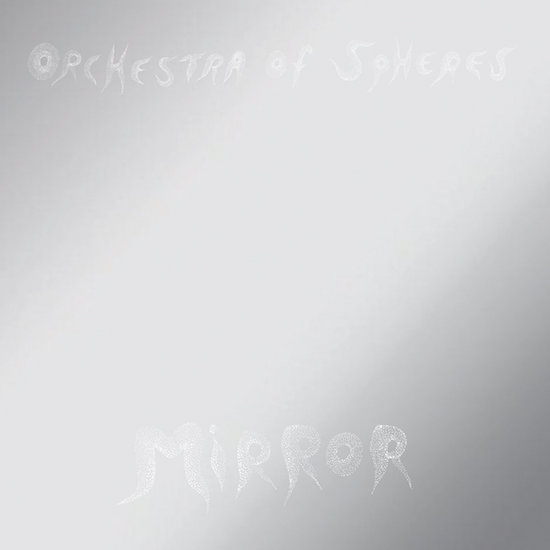It is easy to be distracted, even overwhelmed, by the theatrics of Orchestra of Spheres. In the nine years since the band’s inception, the explosively colourful costumes, the surreal videos, and the stage names (Baba Rossa, EtonalE and Woild Boin, for example) have complemented their untamed music in an enthralling way, with the whole project verging on art collective or – to be perhaps a little unkind – circus. And that was fine. It marked them out as one of the most original and intriguing acts to spring from New Zealand since The Reduction Agents and The Ruby Suns emerged through Auckland’s Lil’ Chief Records nearly 15 years ago.
But things have shifted with this, their fourth album. The five-piece’s enduring exploration of groove-based psychedelia mixed with loud electronic dance music and rhythms and instrumentation born of Africa and the Middle East has evolved to a new plateau of ingenuity, balance and coherence. Yet they maintain that essential spirit of wildness that has served them so well.
Interestingly, Mirror opens with Orchestra of Spheres experimenting with one style and mood they may not immediately be associated with. This 10-minute title track, an absorbing and meditative piece of drone-folk, has its roots in the crazed early-70s concoctions of Comus or the mysterious, invocatory compositions of Norway’s Wardruna.
With its screeching violins and forbiddingly unhurried tempo, ‘Mirror’ sets a quietly seething tone that is then annihilated by the jarring electroclash clatter of ‘Ata’. The contrast is a (not unwelcome) shock – with the wall of abrasive noise alarms and discomfits the listener before the album reaches more familiar Orchestra Of Spheres territory with the excellent ‘Chimes’. This track is arguably the essence of the band: a jittery afrobeat-influenced guitar line is joined by frenzied shrieks and yelps that nod to both Yoko Ono and Deerhoof’s Satomi Matsusaki. Both ‘Chimes’ and ‘Sandpiper’ are characterised by a kind of lo-fi exotic funk, an aspect of their sound that has led to near-ubiquitous critical comparisons with the unearthed treasures of world music released by the Sublime Frequencies label. Two members of Orchestra Of Spheres have masters degrees in ethnomusicology – not there is any hint of crusty academia or over-thought scholarship in their kaleidoscopic and playful music.
Indeed, the album’s lead single, ‘Koudede’, the most immediately accessible piece on Mirror, is an elegy for the late Tuareg musician of the same name (a member of Niger band Group Inerane), much admired by Baba Rossa (multi-instrumentalist Daniel Beban). It is an intoxicating track, and even heads towards poppy terrain – think very early Yeasayer – before moving through various instrumental passages driven by saxophones and oboes. There are shades of Richard Bishop’s Sun City Girls, while the strong imprint of Frank Zappa on these wailing, climactic sections is unmissable.
‘Koudede’, the penultimate track, is Mirror’s stylistic and thematic catharsis. As a whole, the album is beautifully paced and (mostly) reflective and relaxed in a way that has eluded Orchestra Of Spheres on their previous albums. The imagery and theatre is undoubtedly now the sideshow, as their addictive mixture of global flavours continues to ripen. One hesitates to patronisingly suggest they have ‘grown up’, and that would unfairly dismiss the wonderful exuberance of their earlier work, but there is an audible sense of maturation here. Wellington, one of the world’s most remote capital cities, should be proud.


